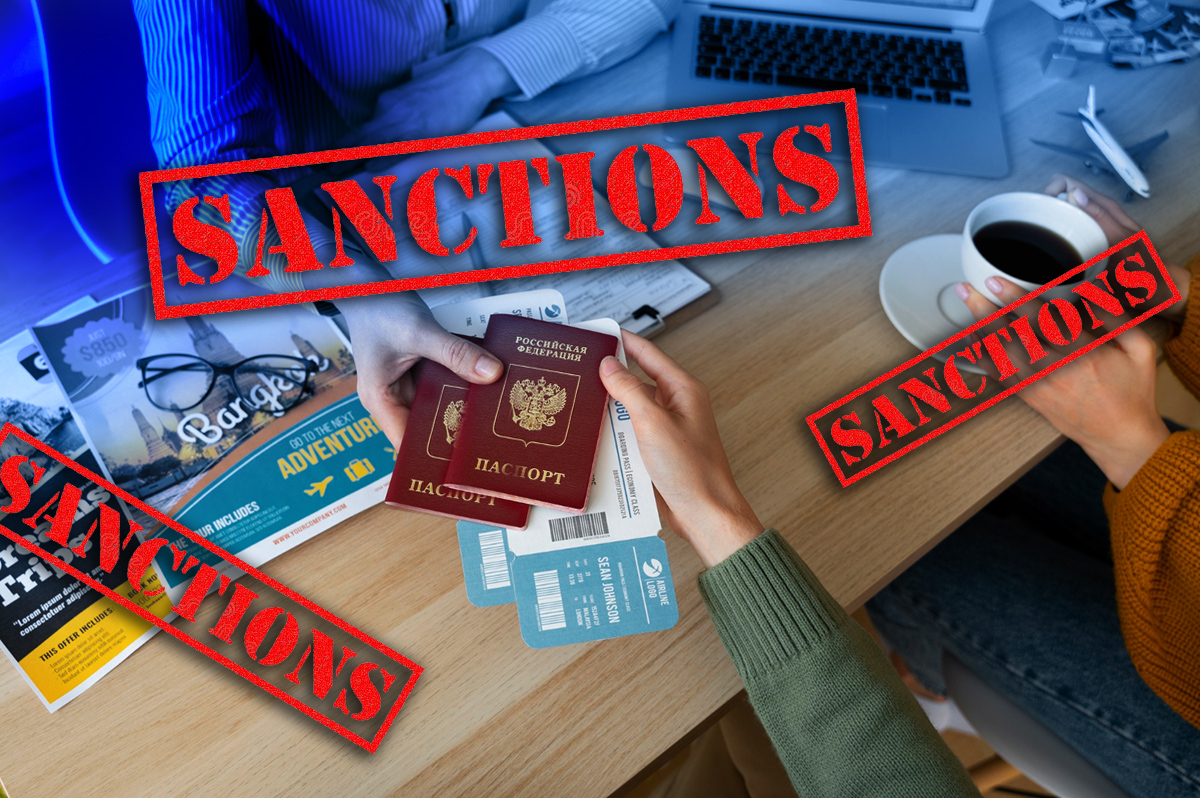EU Debates Tighter Restrictions on Russian Tourist Visas in 19th Sanctions Package

European Union member states are weighing whether to tighten restrictions on tourist visas for Russian citizens as part of the bloc’s upcoming 19th sanctions package against Moscow.
The Gaze reports this, referring to Euractiv.
The proposal under discussion would seek to harmonize visa issuance rules across the EU, limiting the ability of Russians to travel freely within the Schengen zone. While visa policy formally remains the competence of individual member states, several governments argue that a coordinated approach is necessary to prevent loopholes.
Most EU countries bordering Russia – including Poland, Finland, the Baltic states, and Czechia – have already imposed sweeping restrictions, largely shutting their doors to Russian travelers. These governments argue that allowing Russians to holiday in Europe while Moscow continues its war in Ukraine undermines the bloc’s credibility.
“We can’t just accept Russians travelling and enjoying their lives while their government is killing Ukrainians and threatening our security on a daily basis,” one EU diplomat said.
By contrast, countries that benefit significantly from Russian tourist spending, such as Italy, Spain, Greece, and France, along with Hungary, have adopted more liberal visa policies. Official EU data show that over half a million Russians entered the bloc during the summer of 2025, marking one of the highest levels of arrivals since the war began.
The European Commission is expected to present new recommendations on entry rules by the end of the year.
These guidelines, although non-binding, would encourage member states to align their approaches on issuing tourist visas. The German government has been among the strongest advocates for tightening restrictions, pressing for tougher EU-wide standards.
Alongside the visa debate, some member states are reviving proposals to curb the movement of Russian diplomats accredited in the EU.
Czechia, backed by several frontline states, has pushed to restrict Russian diplomatic staff to the territory of their host country, citing the risk of espionage and sabotage.
“This case shows that we must not allow Schengen to be abused for hostile activities. Agents shielded by diplomatic privileges must not have free rein across Europe,” Czech Foreign Minister Jan Lipavský said after recent arrests of suspected agents in Romania and Prague.
However, the proposal faces resistance from other EU capitals concerned about feasibility and the risk of reciprocal measures against European diplomats in Moscow.
As The Gaze previously reported, President Volodymyr Zelenskyy said that Ukraine expects strong support from the U.S., Europe and the G20 against Russia, as the two-week period set by U.S. President Donald Trump for Moscow to prepare for negotiations comes to an end.